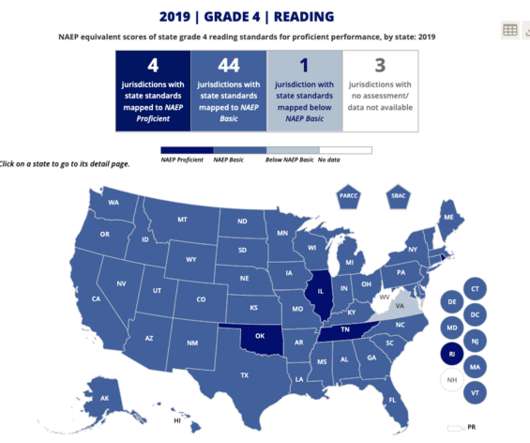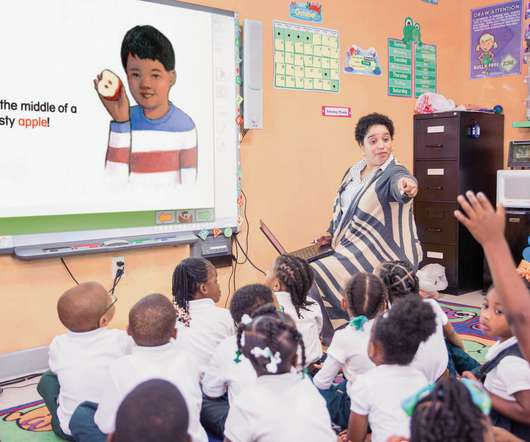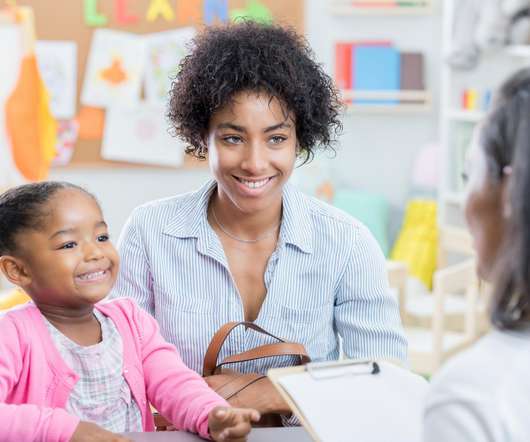Much ado about NAEP
Dangerously Irrelevant
OCTOBER 24, 2022
In 2009, Gerald Bracey, one of our nation’s foremost experts on educational assessment, stated : In its prescriptive aspect, the NAEP reports the percentage of students reaching various achievement levels—Basic, Proficient, and Advanced. emphasis added]. On the surface, this does seem awful.




















Let's personalize your content